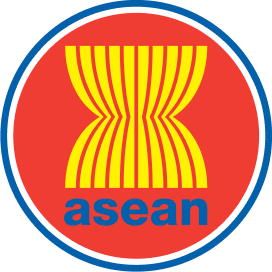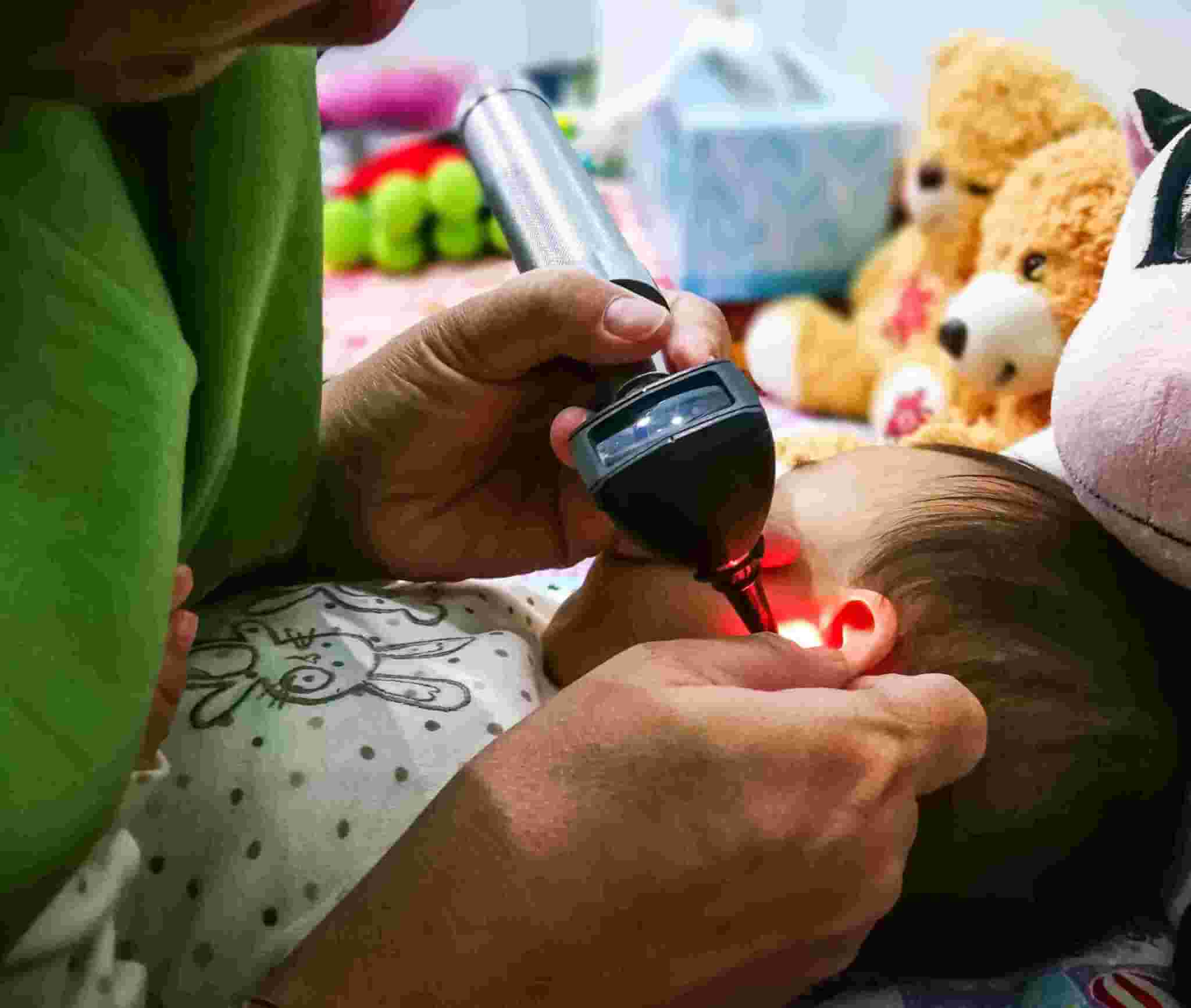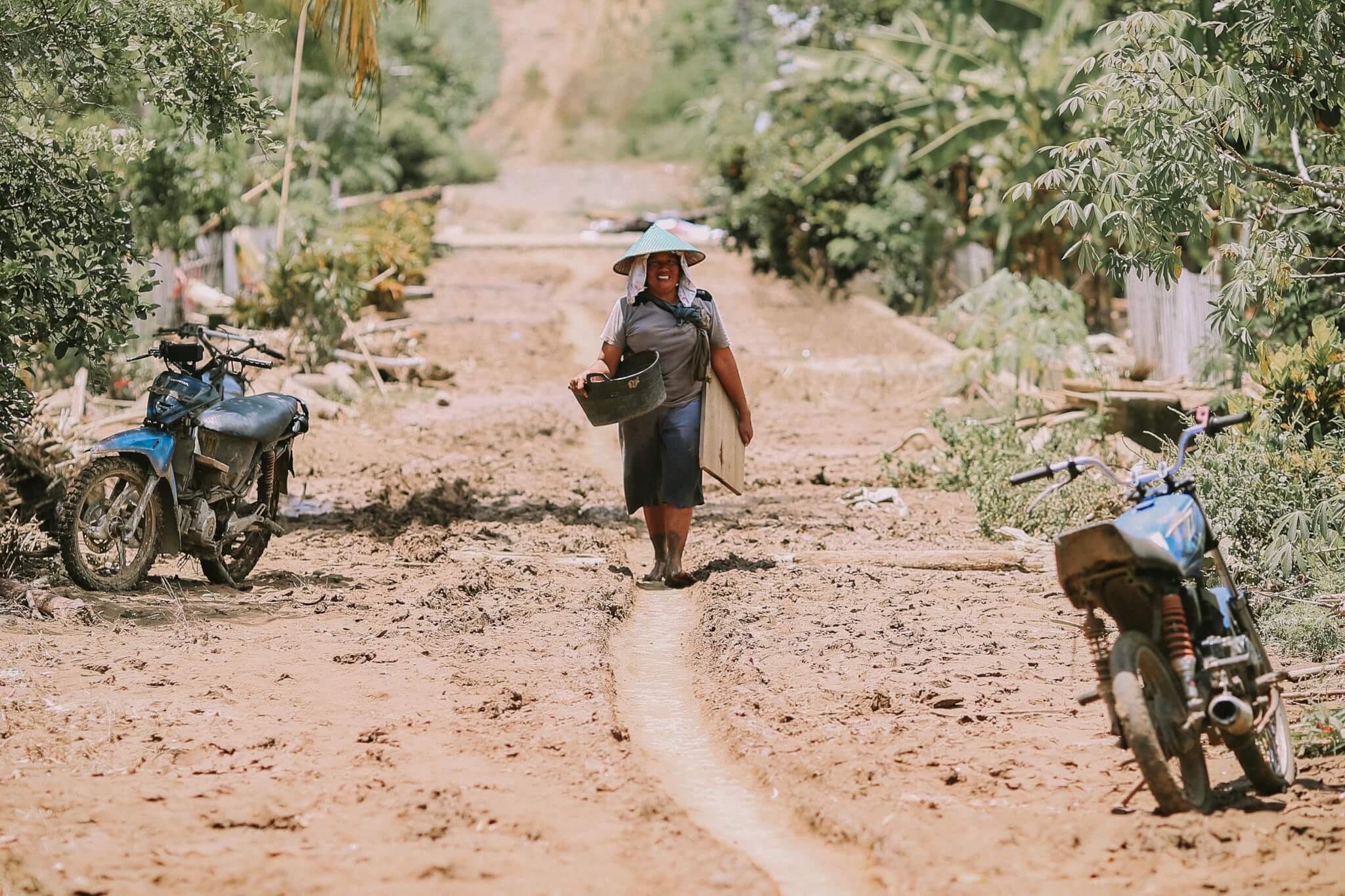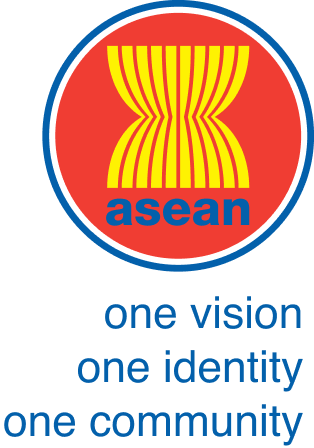


The 38th and 39th ASEAN Summits, held virtually from 26-28 October 2021, marked a significant milestone for the region with the adoption of the ASEAN Comprehensive Framework on Care Economy (ACFCE). This framework serves as a roadmap for fostering a more sustainable and inclusive future for ASEAN member states by recognising the critical role of the care economy.
Why the Care Economy Matters
The care economy encompasses a wide range of paid and unpaid services that contribute to the well-being of individuals and families. This includes essential services like childcare, eldercare, housekeeping, and healthcare support. The ACFCE acknowledges the significant contribution of care work, traditionally performed by women and often undervalued, to a functioning society.
A Framework for Action
The ACFCE outlines a comprehensive strategy for strengthening the care economy across ASEAN. This strategy recognises the need for a strong physical foundation by calling for increased investment in care infrastructure, such as childcare centres and eldercare facilities, to meet the growing demand for these services.
Furthermore, the ACFCE emphasises the importance of ensuring fair treatment for care workers. This includes advocating for decent work standards with fair wages, social protection benefits, and access to training opportunities – all crucial aspects for a thriving caregiving workforce.
The framework also acknowledges the challenges of balancing care work with paid employment. It calls for supportive policies, such as flexible working arrangements, parental leave options, or childcare subsidies, that can ease the burden and empower individuals to manage both effectively.
Finally, the ACFCE embraces innovation as a key driver. It encourages the development and utilisation of innovative solutions and technologies to enhance the efficiency and accessibility of care services. Imagine telemedicine services reaching remote areas or user-friendly apps connecting caregivers with those in need. These advancements have the potential to revolutionise the care economy and ensure everyone has access to the support they require.
Addressing Challenges
While the ACFCE offers a comprehensive approach, it acknowledges challenges that need to be addressed. One significant challenge lies in the vast amount of care work that remains informal. This informality makes it difficult to regulate working conditions and ensure fair wages and protections for caregivers.
Financing the implementation of the framework is another hurdle. Innovative approaches and resource mobilization strategies will be crucial to bridge the gap and ensure the ACFCE’s vision becomes a reality.
Perhaps the most ingrained challenge lies in cultural norms surrounding care work and gender roles. Shifting these deeply held beliefs is essential for a care economy that thrives. The ACFCE acknowledges this challenge and calls for ongoing efforts to promote a more equitable distribution of caregiving responsibilities and a broader societal understanding of the value of care work.
Conclusion
The ASEAN Comprehensive Framework on Care Economy serves as a blueprint for a future where care work is valued, supported, and contributes to a more inclusive and prosperous ASEAN. Implementing the framework requires ongoing collaboration, innovative solutions, and a commitment to addressing the challenges that lie ahead. By prioritising healthy ageing, disaster resilience, technological advancements, strong families, social protection, and environmental sustainability, ASEAN member states can build a robust care economy that benefits all citizens.
